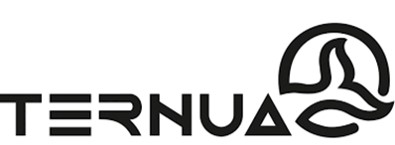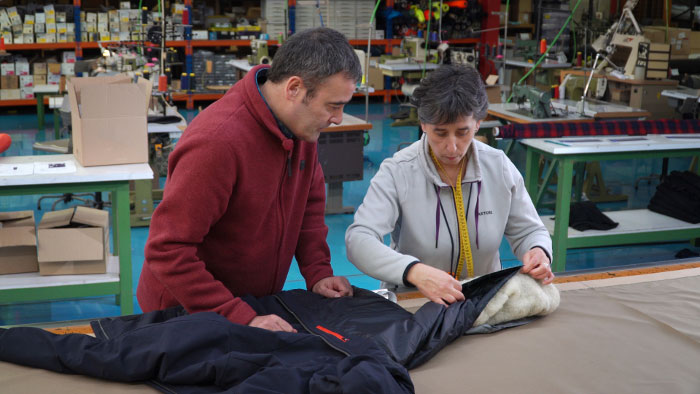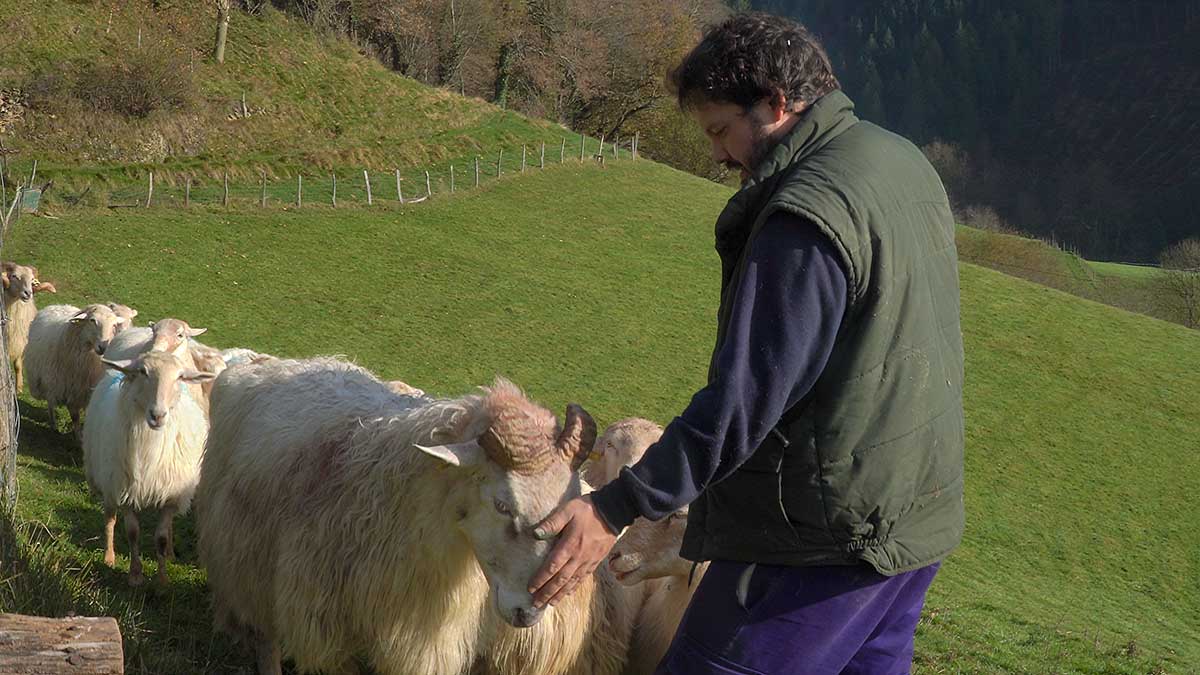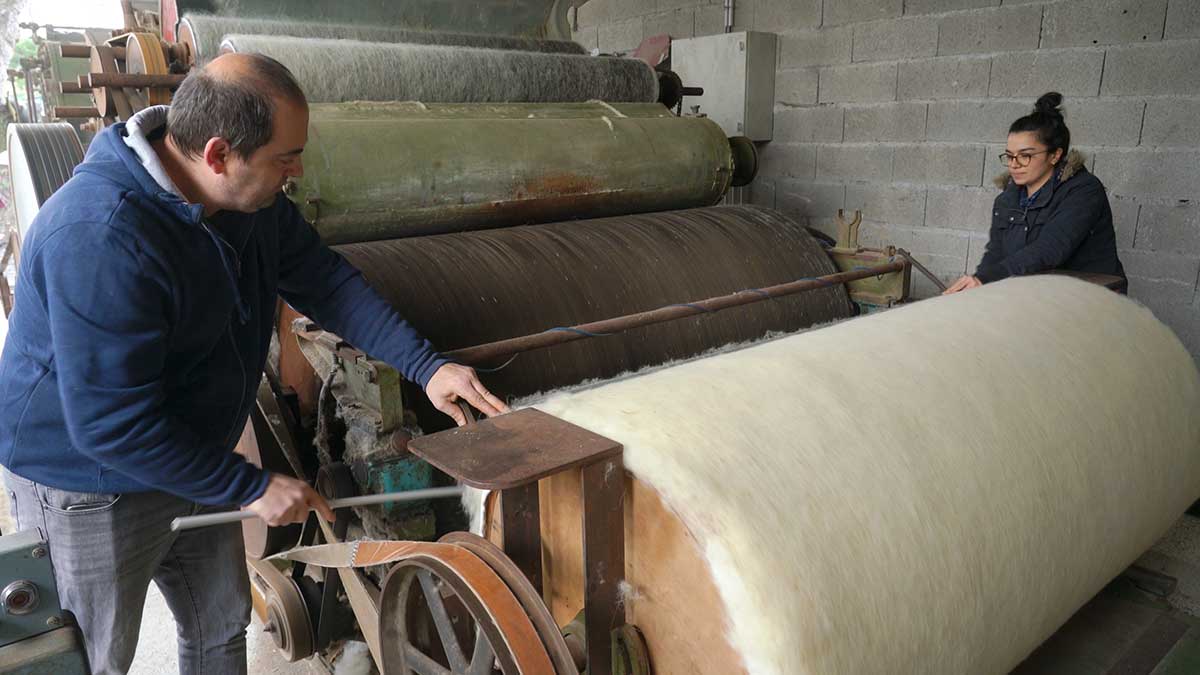LATXA ARTILE
HIGH QUALITY FUNCTIONAL GARMENTS MADE FROM LATXA SHEEP'S WOOL
There are around one million Latxa sheep in the Basque Country and it is a symbol of the territory. However, their wool (about 2,500 tonnes per year) is an environmental problem for shepherds because it has no commercial use and its only destination at present is landfill. TERNUA has been performing R&D&I tests since 2009, with the idea of using this raw material to make its garments, as it has very interesting technical characteristics: anti-bacterial, thermal insulation, thermo-regulating, traps air, works well in the wet, flame retardant, etc.
TERNUA GROUP is an international company dedicated to design, develop and marketing of textiles, sports equipment and fashion under the Astore, Ternua, Lorpen, Loreak Mendian and Ternua workwear brands, with a strong commitment to sustainability. It has led LATXA ARTILE, an initiative in which the MUTURBELTZ agri-ecological, artistic and cultural association (Karrantza) has participated in the selection of the wool; the LAMARIAKO AZPIKOA farmhouse (Antzuola), which produces a wide range of ecological cheeses under the AMATXO brand; and, finally, the company specialising in the manufacture of wool, ILETEGIA (Lapurdi).

 OBJECTIVES
OBJECTIVES
- Validate the feasibility of using Latxa sheep wool as an insulator in the textile market.
- Significantly reduce the waste generated on sheep farms in the Basque Country.
- Reduce the carbon footprint of the thermal insulation creation process.
- Offer solutions to a traditional and essential activity.
- Enhance the value of a product with a high cultural and identity value.
- Encourage local recycling.
- Increase the competitiveness and differentiation of companies.
- Contribute to the economic development of local livestock farmers and encourage sustainable farms and farmsteads.
 RESULTS
RESULTS
- Inventory of sheep farms with sustainability criteria in the Basque Country (Latxa or carranzana flocks of sheep, organic feeding of the flocks, free grazing and production of organic Idiazabal cheese).
- Obtain the raw material by optimising the shearing processes: around 540 kg of virgin wool suitable for manufacture was obtained from the shearing of the 300 Latxa sheep at the LAMARIANO AZPIKOA farmhouse.
- Obtain a layer of insulating wool from the combination of 66% of Latxa wool and 34% of Navarra sheep's wool, which results in a compact insulator that manages and controls humidity, absorbs interior perspiration and repels humidity from the outside, and offers comfort and performance in adverse weather conditions.
- Make and design outdoor jackets that are light, breathable, waterproof and thermo-regulating, under eco-design criteria: use of biodegradable materials (in addition to wool, corn sugar biomass is used for the membrane), recycling (post-consumer PET from bottles and textiles), water repellent treatment free of fluorinated compounds, fabric with BLUESIGN® certification and designs that facilitate separation for future recycling.
- A plant that could recycle all the wool in the Basque Country would save the emission of 1,100 tonnes of CO2 equivalent each year and would affect 2,500 tonnes of wool production a year.
 CONCLUSIONS
CONCLUSIONS
- The first garment designed by TERNUA with the technology arising from this project is already on sale at the brand's usual points of sale and is called Artile Jacket, with 1,200 units.
- To explain the jacket’s manufacturing cycle, TERNUA has also included a special print on the inside of the jacket providing information on the steps that have been taken in its production.
- A biodegradable and easily regenerable material such as sheep's wool is an alternative to the use of petroleum-based insulation materials, with the significant environmental impact associated with their extraction and manufacture.
ENVIRONMENTAL
TECHNICAL
ECONOMIC
COMMERCIAL
ON THE MARKET









